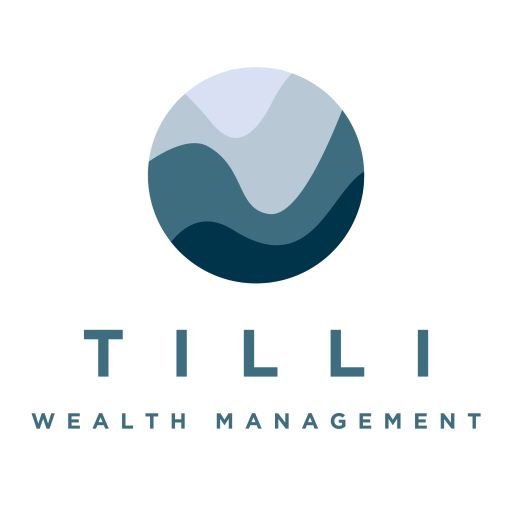What are etfs?
ETFs are some of the most common investment vehicles investors are using today, by both everyday investors and investment professionals alike. In fact, Warren Buffet’s Berkshire Hathaway owns two popular ETFs in its top 50 holdings , State Street’s SPY and Vanguard’s VOO, both ETF’s that track the S&P 500. Yet many people I speak with are still not fully aware of what ETF’s are, why they’re being used more and more, and how they fit into their investment portfolios. So, we wrote an article to try and give some insights into the basics of ETF’s.
An exchange traded fund (ETF) is an investment vehicle that tracks the performance of a specific market index, commodity, or basket of assets. ETFs trade on a Stock Exchange like individual stocks and are designed to provide investors with a cost-effective, transparent and flexible way to gain exposure to a diversified portfolio of assets i.e. Stocks, Bonds.
Unlike mutual funds which are priced and traded only at the end of each trading day, ETF's can be bought and sold throughout the trading day just like individual stocks. This feature makes ETF more liquid throughout the day allowing investors to take advantage of intraday price movements in the underlying assets. This intraday price movement is popular with short term traders and investors, but for longer term investors, the intraday trading becomes less important.
ETFs are generally structured as open-ended investment companies or unit investment trusts that issue shares to investors. These shares can be traded on the stock exchanges, and the prices of these shares are determined by the market demand and supply for the respective ETF just like a stock.
ETF's offer several advantages to investors, including:
1. Diversification: ETFs Provide investors with exposure to a broad range of assets which can help to reduce overall portfolio risk.
2. Low Cost: ETF's typically have lower management fees compared to actively managed funds, making them a cost effective investment option. However, over the years there have been more “active ETFs” hitting the market, which can have higher expense ratios.
3. Transparency: ETFs disclose their holdings daily allowing investors to know exactly what assets they are invested in at any given time. Mutual Funds for example, typically report their holdings on a quarterly basis, providing very delayed information about what the fund actually holds. The main idea here is that if a mutual funds value-add is their perceived stock picking prowess, they don’t want both competitors and other investors to be able replicate their investments, so having a quarterly or more delayed reporting helps them retain their value add (in theory).
4. Flexibility: ETFs Can be bought and sold throughout the trading day, making it easy for investors to adjust their positions in response to market movements.
5. Tax efficiency ETFs Are generally more tax efficient than mutual funds because they typically have lower turnover and therefore generate fewer capital gains. This is a huge advantage in our opinion, especially for taxable investment accounts, and investors in higher tax brackets.
ETFs Can track a wide range of assets including stocks, bonds, commodities, in currencies. some ETF's are designed to track a specific sector or industry, while others are designed to track a broad market index. For example, the SPDR S&P 500 ETF (SPY) tracks the performance of the S&P 500 index, which is a broad measure of the U.S. stock market.
Overall, ETFs offer investors a convenient, low cost, and transparent way to gain exposure to a diversified portfolio of assets. With their flexibility, transparency, and tax efficiency, ETFs are a popular choice for both retail and institutional investors looking to build a diversified investment portfolio. We often leverage the benefits of ETFs in our client portfolios, and you will notice that they will continue to gain more relevance as a primary investment choice.
Sources: https://investorjunkie.com/investing/what-is-an-etf/
https://advisorsavvy.com/what-is-an-etf/
Tilli Wealth Management is a registered investment advisor offering advisory services in the State(s) of Minnesota and in other jurisdictions where exempted. Registration does not imply a certain level of skill or training.
The information on this site for informational purposes only and should not be considered a solicitation to buy, an offer to sell, or a recommendation of any security or advisory service in any jurisdiction where such solicitation, offer, or recommendation would be unlawful or unauthorized.
The information provided should not be relied upon as the sole factor in an investment making decision. Past performance is no guarantee of future results.

